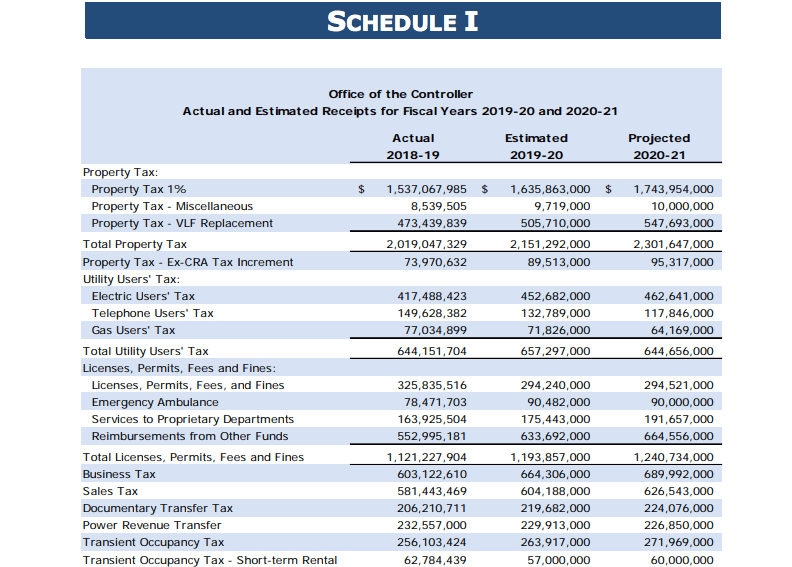Los Angeles is wondering whether the short term rental (STR) ordinance it passed on July 1, 2019, and implemented on November 1, 2019, has been working too well. Now, the city is grappling with the loss of tax revenues.
Currently, Los Angeles limits STR to primary residences with a cap of 120 reservations per year and bans STR of rent-stabilized apartments. It is considering a proposal that would allow short stays at secondary residences as it monitors the efficacy of current regulation.
Since Los Angeles started regulating STRs in November 2019, city planning noted that “listings across all hosting platforms in Los Angeles have decreased by approximately 49 percent—from approximately 36,700 short-term listings in November 2019, to approximately 18,700 as of February 1, 2020.” STR data provider AirDNA showed 16,191 active rentals as of March 2, a drop of nearly 60% from the 36,700 November rentals. About 70% of the rentals were for entire homes according to the AirDNA data.
City planning sent over 6,000 warning letters to hosts and owners of non-compliant single- and multi-family properties and reported strong compliance.
Based on a review of listings on February 12, 2020, of the approximately 6,000 hosts sent initial warning letters, approximately 4,800 hosts either registered or removed their non-compliant listings. That equates to an 80 percent compliance rate in the three months since the warning letters were sent.
Los Angeles generated $62.7 million from the transient occupancy tax (TOT) collected for short term rentals for the 2018-2019 fiscal year. The city is concerned that this revenue is at risk given the early enforcement success that has driven STR listings down by nearly 50% according to the city’s revenue forecast report.
Additionally, due to the roll-out of the City’s home-sharing ordinance enforcement, listings across all hosting platforms in Los Angeles have decreased by approximately 49 percent. While it is too early to fully anticipate the impacts to TOT revenue, it is necessary for the City to closely monitor TOT receipts as there could be future negative impacts to TOT revenue growth.
Fiscal Year 2019-20 $57 million estimate is based year-to-date collection trend, reduced by 20.27% for the second half of the fiscal year due to Home Sharing Policy enforcement. Fiscal Year 2020-21 Projected $60 million assumes the same 3.05% growth from estimated 2019-20 as the regular TOT growth rate.

Revenue Forecast Report – City of Los Angeles
The city’s revenue forecast shows a 9.2% decline in STR revenue for the fiscal year 2019-2020. With an estimated 3.1% growth, the projected 2020-21 revenue of $60 million is 4.4% lower than the $62.8 million from 2018-19. STRs account for nearly 20% of total TOT collected.
The goal of implementing STR regulation is to increase the affordable housing supply. As The Real Deal noted, “whether the city ordinance is having a larger than intended effect on increasing L.A.’s housing supply and decreasing rental costs remains to be seen.” There is also a delicate balance to ensure that the regulation is not depriving some Angelenos of a source of income that they’ll need to remain in their homes.
One thing is clear, Los Angeles is not keen on losing revenue from STRs either.





